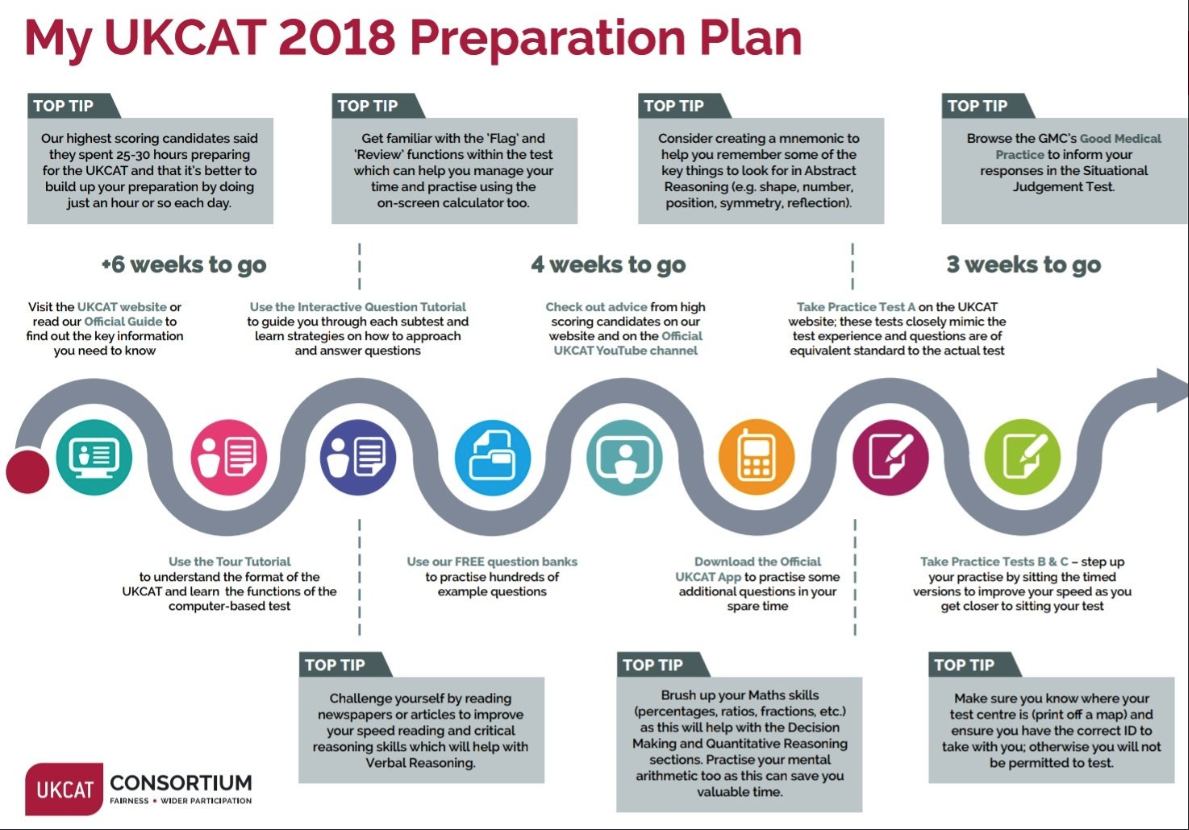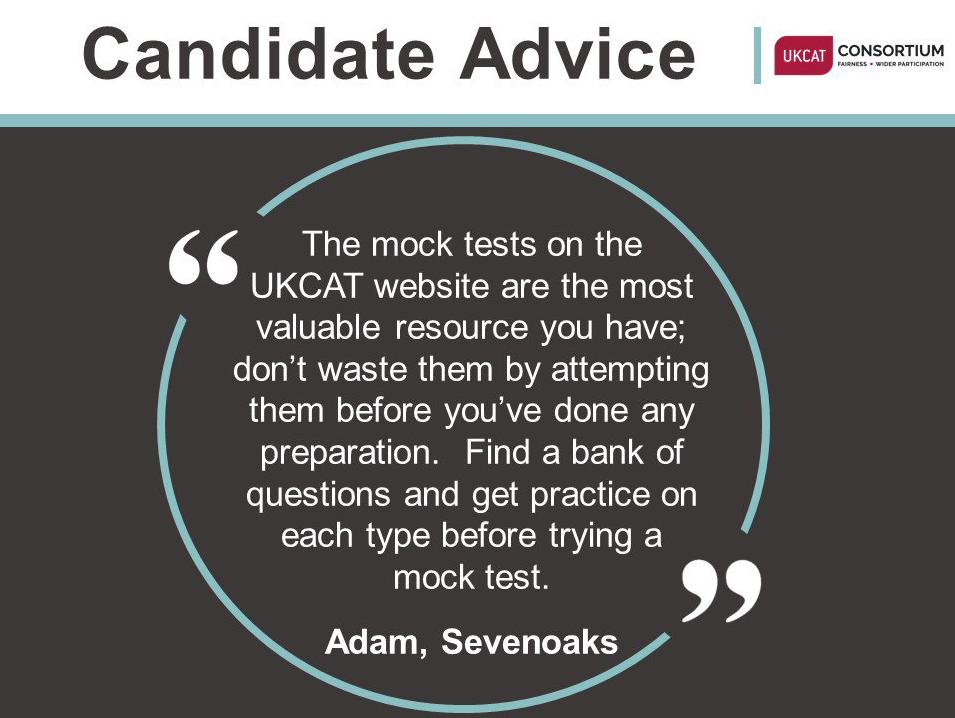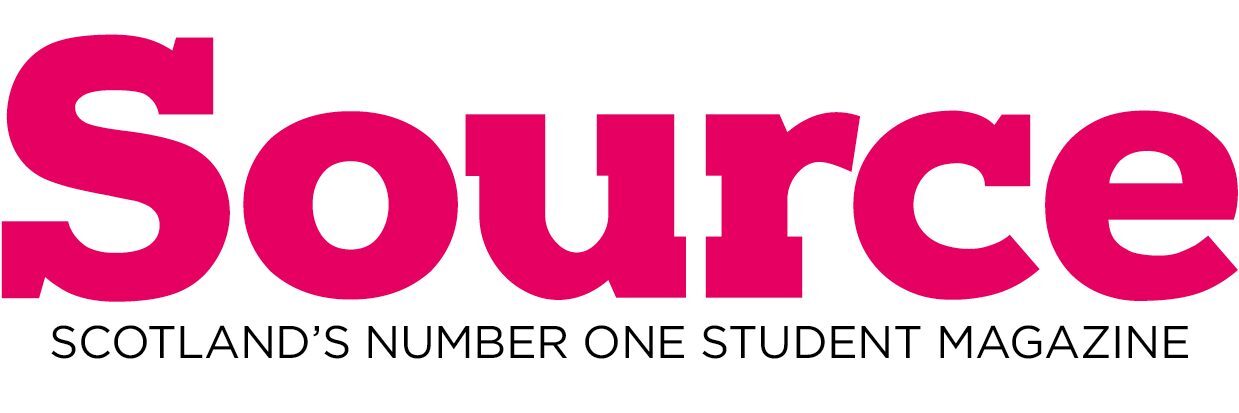
If you’ve been devotedly watching Love Island for the last eight weeks (like us) then you might have pondered Dr Alex’s career. Before his time in the villa, Dr Love was saving lives in the bustling surroundings of A&E. But how did he get a foot into a pair of mint green scrubs?
Well, it all starts from time in high school. To get into a medical degree university candidates need to excel in their Highers – we’re talking five As or four As and two Bs. Two of those Highers have to be in chemistry and biology, and either physics or maths. Phew!
It’s a tough profession to get in to but you would hope that after months of studying you would get some sweet relief. It’s summer! Unfortunately not. Students dedicated to succeeding in the medical field also have to sit, and pass first time, a UKCAT test.
Here comes the extra stress.
What is the UKCAT test?
Apart from introducing even more stress, anxiety and fear into the summer holidays (as if waiting on exam results wasn’t bad enough) the UKCAT test is a pretty big deal. The UK Clinical Aptitude Test (or UKCAT) helps universities to select candidates with the best knowledge, attitudes and professional behaviours deemed essential to succeed in their medical career.
Dr Alex is looking even more intelligent by the second.
Established in 2006, the test is for those looking to get on to medical or dental courses and was created to help universities choose candidates fairly.
The test
Testing has already begun for people hoping to get into a medical based degree. Registration opened in May of this year – so if you were hoping to register then you’ve missed the boat this year, on a positive, it means you have more time to revise.
The UKCAT test is extremely important and it will see you completing an intensive two-hour computer based exam.
https://www.youtube.com/watch?v=mfrvDFyXj48
Costings for the test being sat between 2 July and 31 August 2018 is £65 and increases to £87 between 1 September and 2 October. When it comes to actually sitting the test, the last day is 2 October 2018 and if you miss this deadline you’ll have to hold off until 2019. Don’t worry about throwing your weekend job wages at paying for the test, though, there is funding available!
Advice
With 24,000 students sitting UKCAT each year, if the pressure wasn’t on before, it is now. There are three timed practice tests available, a mobile app, YouTube videos in preparation and more guidance schemes available online, too. All the guidance will help support you as you learn how to take control of your nerves to succeed. After sitting the exam you won’t have to wait months for your results as those who have sat this year’s UKCAT will relieve their marks in November. You’re literally one exam away from medical school.

Who knows, your Casualty dreams could become a reality as you save lives in the office that never sleeps. Or you might end up on Love Island one day, too.
For more guidance, support and what to expect visit the UKCAT website

